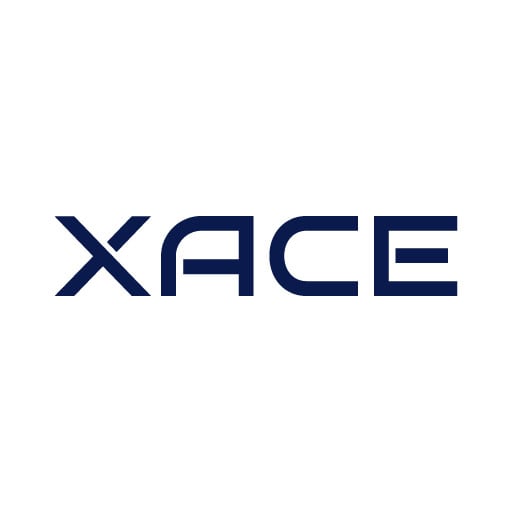The initiative, which is referred to as the Tribal Sports Wagering Act, is backed by several local businesses and the Pechanga Resort Casino.
The Act was first proposed in December 2019, when three casinos penned open letters to the Attorney General’s office requesting a process to legalise sports betting.
The Pechanga Indian Reservation was joined in this by the Barona Band of Mission Indians and the Yocha Dehe Wintun Nation. The four racecourses mentioned are Santa Anita Park, Los Alamitos Race Course, Del Mar and Golden Gate Fields.
A key tenet of the proposed Act states: “Californians 21 years of age or older should have the choice to participate in legal sports wagering in highly regulated and safe facilities that are experienced in gaming operations and are in good standing with the appropriate federal, state and local regulatory agencies.”
However, opponents suggest this would create a near-monopoly situation on gambling in the state, putting local cardrooms out of business, wiping out 32,000 jobs worth $1.6bn a year in wages and cost regions like Los Angeles as much as $71m every year in tax revenue.
Those behind the Act have attempted to quell these fears.
Spokesperson Kathy Fairbanks commented: “Our measure simply ensures existing laws preventing illegal gambling are being followed. Cardrooms following the law have nothing to worry about, nor do their employees.
“The only cardroom casinos at risk of legal enforcement are those that repeatedly violate California gaming laws.”
Still, this has not helped assuage many who believe the move would play out negatively for their regions.
Bicycle Hotel & Casino and Hawaiian Gardens are two such casinos that have raised objections, citing the impact their demise would have on their respective cities’ tax revenues if the proposal went ahead.
If approved, it would be the first step to legalising sports betting in California, albeit in-person and not online.











































